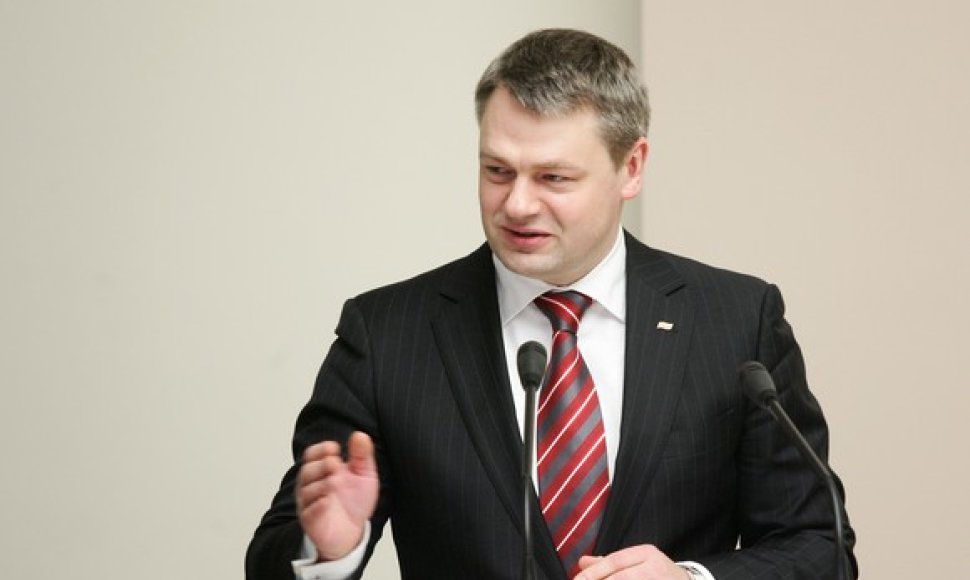"Hitachi offer to Lithuania, Latvia, and Estonia was indeed competitive, and the project was the most advanced and beneficial to all three countries," senior adviser Nerijus Udrėnas told Žinių Radijas news radio.
He emphasized that the neighbouring Latvia and Estonia were awaiting a decision from Lithuania's new administration, calling upon the new government and the parliament to make a "responsible and balanced decision."
After decommissioning its Soviet-built Ignalina NPP, Lithuania currently imports about 60 percent of its electricity, the highest figure among European Union member states.
In Udrėnas' words, electricity suppliers may take advantage of the situation, particularly in the light of the fact that electricity production capacities in both Europe and Russia are depreciating.
"In order to avoid full dependence upon imported electricity, which will become more expensive, we should have basic power generation of our own," the president's adviser told the radio.
Under the project of the outgoing right-wing government, construction of the 1,350 mega-Watt nuclear plant would have involved Japan's Hitachi corporation and energy companies of the three Baltic states. The plan was to build the power station by 2020-2022.
In a non-binding referendum held in conjunction with the general elections in October, 62.7 percent of Lithuanian voters were against the nuclear plans. The voter turnout was 52.6 percent.
The Social Democrats, who won the elections, pledge to give up the Visaginas NPP project. Social Democrat Birutė Vėsaite, proposed for economy minister last week, said that "for a small country like Lithuania, the Visaginas project is too costly and too risky." No legal decisions have yet been made in this connection.












